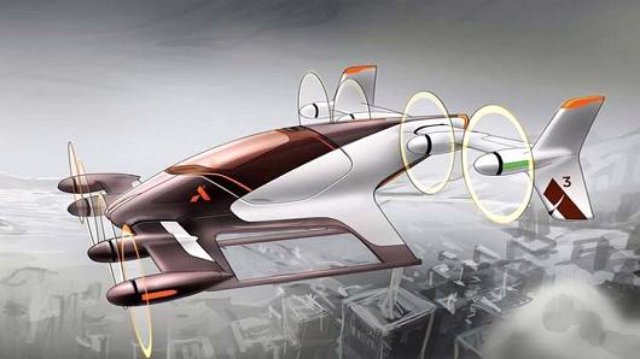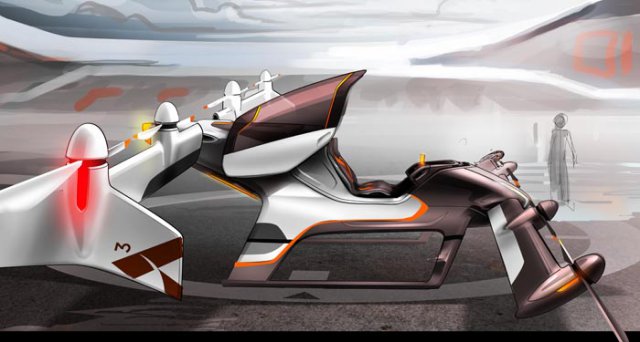
Vahana, an electric, self-piloted vehicle project being developed by A³, the advanced projects and partnerships outpost of Airbus Group in Silicon Valley, recently awarded a Flight Test and Range Services contract to Modern Technology Solutions, Inc. (MTSI), and their partner, SOAR Oregon (SOAR).
Vahana is a self-piloted flying vehicle platform for individual passenger and cargo transport. It seeks to advance automated electric VTOL flight for the emerging on-demand mobility market. The contract covers the prototype Alpha Phase, which seeks to identify and resolve major technical and certification risks, culminating in a flight test demonstration at the end of 2017. MTSI will lead the Flight Test effort, while their partner SOAR Oregon will provide test range support and other services.
A³’s mission is to disrupt Airbus Group and the rest of the aerospace industry. MTSI is an engineering services and technology solutions provider for the defense industry, intelligence community, and commercial markets. SOAR Oregon is a 501(c)(6) non-profit established to make Oregon a leader in the civil Unmanned Aircraft Systems (UAS) industry, and support Oregon’s three FAA-designated UAS Test Ranges.
“The MTSI Team is proud to be selected as the Flight Test Lead for Vahana. This unique air vehicle will challenge traditional flight test methodologies,” stated Paul Linnell, MTSI Director, Civil & Commercial, and Project Manager. “Vahana sought out industry partners with deep experience in flight test and unmanned aircraft test range services to support this innovative project and they found that in MTSI and SOAR Oregon.”

In August, Airbus released an article claiming the project was making good progress.
“Many of the technologies needed, such as batteries, motors and avionics are most of the way there,” explained Airbus project executive Rodin Lyasoff in the company’s online magazine.
Airbus believes the global demand for the “flying cars” will run in to millions of vehicles and that demand will help reduce development costs.
“In as little as 10 years, we could have products on the market that revolutionize urban travel for millions of people,” said Lyasoff.
Lyasoff added that one major challenge would be to secure reliable technology to ensure the “autonomous taxis” can sense and avoid other objects.
And the futuristic project has public backing from Airbus chief executive Tom Enders:
“I’m no big fan of Star Wars, but it’s not crazy to imagine that one day our big cities will have flying cars making their way along roads in the sky,” Tom Enders said in the article.
“In a not too distant future, we’ll use our smartphones to book a fully automated flying taxi that will land outside our front door – without any pilot.”
Source: Press Release
